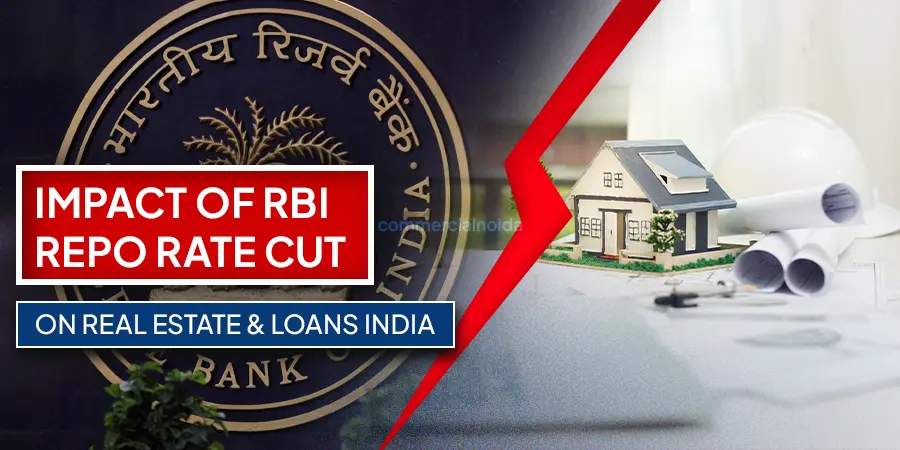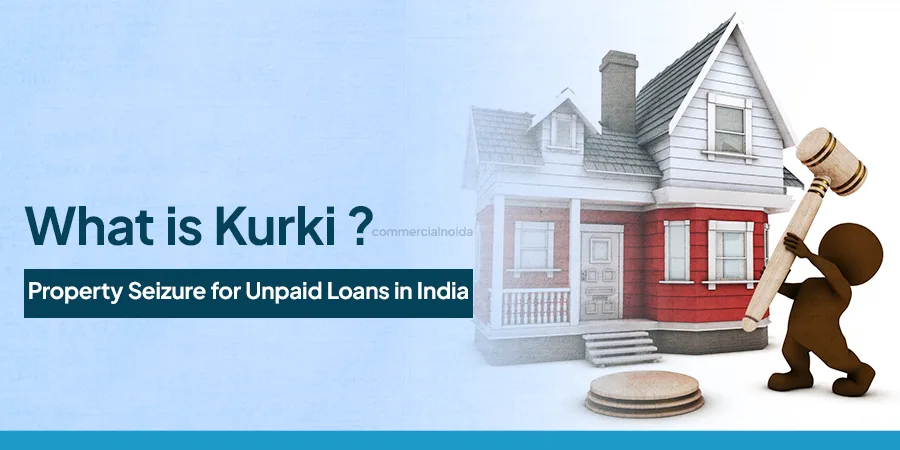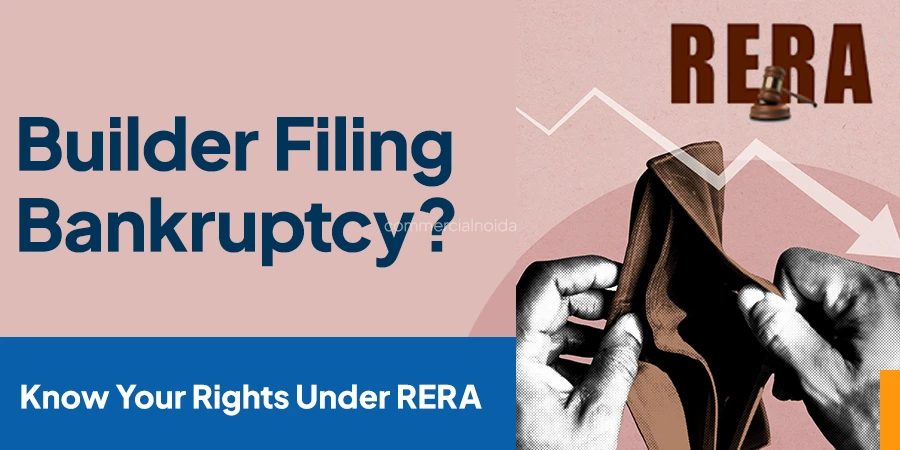
Types of taxation in real estate
Buying or selling property involves a lot of money and different types of taxes. Many people don’t fully understand how these taxes work, which can lead to confusion or even being tricked. In this guide, we will explain all the main taxes related to real estate in a simple way. This information will help you know what to expect and make better decisions when buying or selling property.
Types of Taxation in Real Estate
• Stamp Duty & Registration
• Capital Gain Tax
• Tax Deducted at Source (TDS)
• GST
• Property Tax
• Rental Income tax
Stamp duty and registration fees
Stamp duty and registration tax are levied when you sell your property. The tax is paid by the property buyer to officially register the property on his/her name. Stamp duty is generally valued at 3-7 percent of the value of the property on papers and registration fees is typically 1 percent. These charges could vary in different regions, but generally they swing between the numbers mentioned.
Capital Gain Tax
In India, capital gains tax on property is levied when a property is sold for a profit. The tax treatment depends on whether the property was held for the short term (less than 2 years) or long-term (more than 2 years).
Short-term capital gains (STCG)
If a property is held for less than 2 years before selling, the profit is treated as short-term capital gain. Short-term capital gains are taxed at normal slab rates applicable to the taxpayer's total income for that financial year.
For example, if you bought a property in January 2023 for 50 lakhs and sold it in December 2023 for 60 lakhs, making a profit of 10 lakhs, this 10 lakhs would be added to your total income for the year and taxed accordingly.
Long-term capital gains (LTCG)
If a property is held for 2 years or more before selling, the profit is treated as long-term capital gain. Long-term capital gains on property are taxed at a flat rate of 20% after allowing indexation benefits. Indexation adjusts the purchase price for inflation, reducing the taxable capital gain.
For example, suppose you bought a property in January 2010 for 50 lakhs and sold it in January 2024 for 1 crore. In that case, the capital gain will be adjusted for inflation using the Cost Inflation Index (CII) to determine the indexed cost of acquisition. The resulting gain (after indexation) would be taxed at 20%.
Example Calculation:
Assume the indexed cost of acquisition after inflation adjustment is 80 lakhs.
Long-term capital gain = Sale price (1 crore)
Indexed cost of acquisition (80 lakhs) = 20 lakhs.
Tax on LTCG = 20% of 20 lakhs = 4 lakhs.
Additionally, exemptions and deductions may apply under certain conditions (like reinvestment in specified bonds or purchasing another property), which can reduce the taxable capital gains.
How To File TDS On Property With Ease In India 2024?
TDS On Sale Of A Property
One percent TDS is deducted on the sale of a property. It is the buyer's responsibility to deduct the TDS on behalf of the seller. The consideration value to deduct TDS is 50 lacs or more, the amount less than 50 lacs do not come under TDS and is exempted from the deduction. The buyer has to deduct the TDS on behalf of the seller and will deposit it on the PAN number of the seller. The buyer is liable to deposit it within 30 days or till the 7th day of next month.
To understand the taxation of the TDS: just assume you have bought a home for 60 lacs and it exceeds the value of 50 lacs which was exempted from the TDS. Now the 1 percent of 60 lakhs is 60 thousands. The buyer will deduct 60 thousands and will deposit it in the PAN number of the seller. The seller can claim the tTDS amount while filing ITR.
TDS On Rent
TDS on rent will be deducted if the rental amount is 2.40 lacs or more than that annually. The tenant is required to deduct 10 percent TDS and will deposit it on the pan card of the landlord.
Section 54: Rebates on real estate
This clause states that an assessee may be eligible for a tax exemption if they sell a long-term capital asset, such as a residential property, and purchase a new residential property.The only entities that can receive this benefit are people or HUFs.
Rebates on real estate: Section 24
If the owner or his family resides in the house property, homeowners are eligible to deduct up to Rs. 2 lakhs (or Rs. 1,50,000 if you are filing returns for the previous financial year) from their home loan interest under Section 24 of the Income Tax Act.
Goods & Service Tax (GST)
There are taxes on commercial property and residential property too, if they are still under construction and you invest in them. For under construction residential property, 5 percent GST is applicable, and for commercial property, it is 12 percent. There is no GST in case of ready to move in property.
Property Tax
Property tax in India is money people pay to the local government for owning a house, land, or building. It is used to maintain roads, parks, and other public services. The amount depends on the property’s size, location, and use. Typically, this payment occurs annually.
Tax on Income From Rented Home
Under India’s new tax regime (FY 2025–26), rental income is taxed under "Income from House Property." You can deduct 30% for maintenance and actual municipal taxes paid. Additionally, interest on a home loan is deductible.
After these deductions, the net income is taxed as per the new slab rates: 0% for income up to 4 lakh, 5% from 4–8 lakh, 10% from 8–12 lakh, 15% from 12–16 lakh, 20% from 16–20 lakh, 25% from 20–24 lakh, and 30% above 24 lakh. A standard deduction of 75,000 also applies.
Section 80C
1. Principal Repayment of Housing Loan (Qualifying for 80C Deduction)
Section 80C allows taxpayers to claim deductions on the principal repayment component of a housing loan taken for a residential property. This means the amount you repay towards the principal of your home loan can be deducted from your total taxable income up to a maximum limit of Rs. 1.5 lakh per financial year (as per the latest tax laws, this limit may vary from year to year).
2. Direct Investments in Real Estate Properties or Land
Direct investments in real estate properties or land, such as purchasing a house or buying a plot of land, do not qualify for deductions under Section 80C. The purpose of Section 80C is to encourage savings and investments in specified instruments that have a lock-in period and contribute to long-term financial planning and security.
Investments in real estate are considered differently under the Income Tax Act. Income from real estate, such as rental income or capital gains from the sale of property, is taxed under different sections (like Section 24 for rental income and Section 54 for capital gains exemption).
Key Points to Remember
Housing Loan: The deduction under Section 80C applies specifically to the principal repayment part of the housing loan for a residential property that the taxpayer has borrowed.
Investments: Investments in real estate (buying property or land) are treated separately under the Income Tax Act and do not fall under the purview of Section 80C deductions.
Tax Planning: Taxpayers need to carefully plan their investments and understand the tax implications related to both housing loans and real estate investments to optimise their tax liabilities.






























































































































































.webp)

































































































.webp)















































































.webp)
































































































